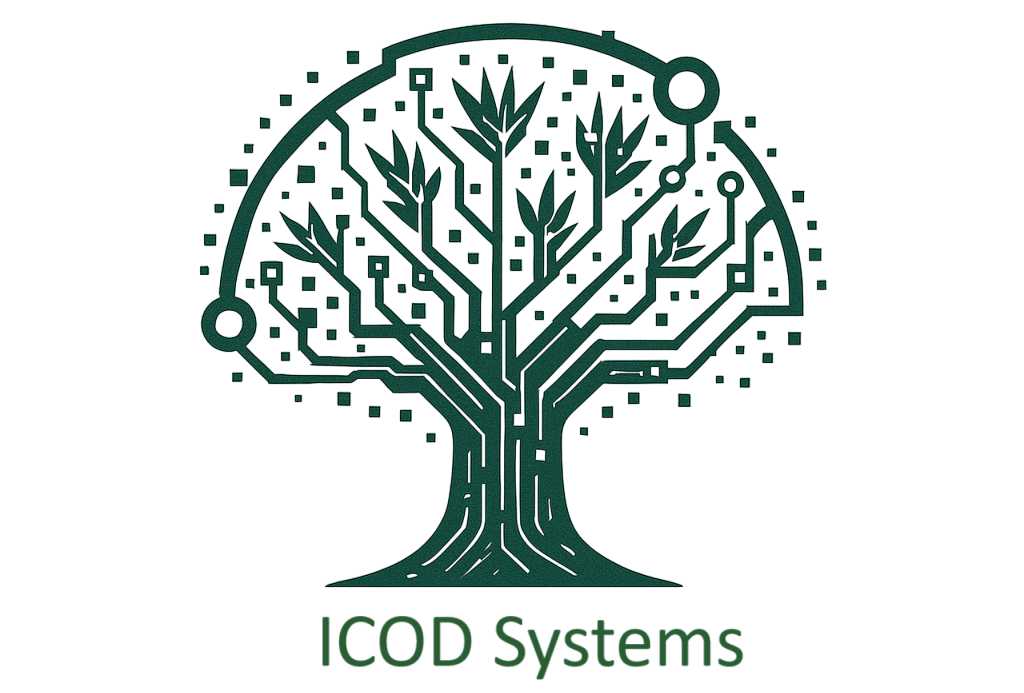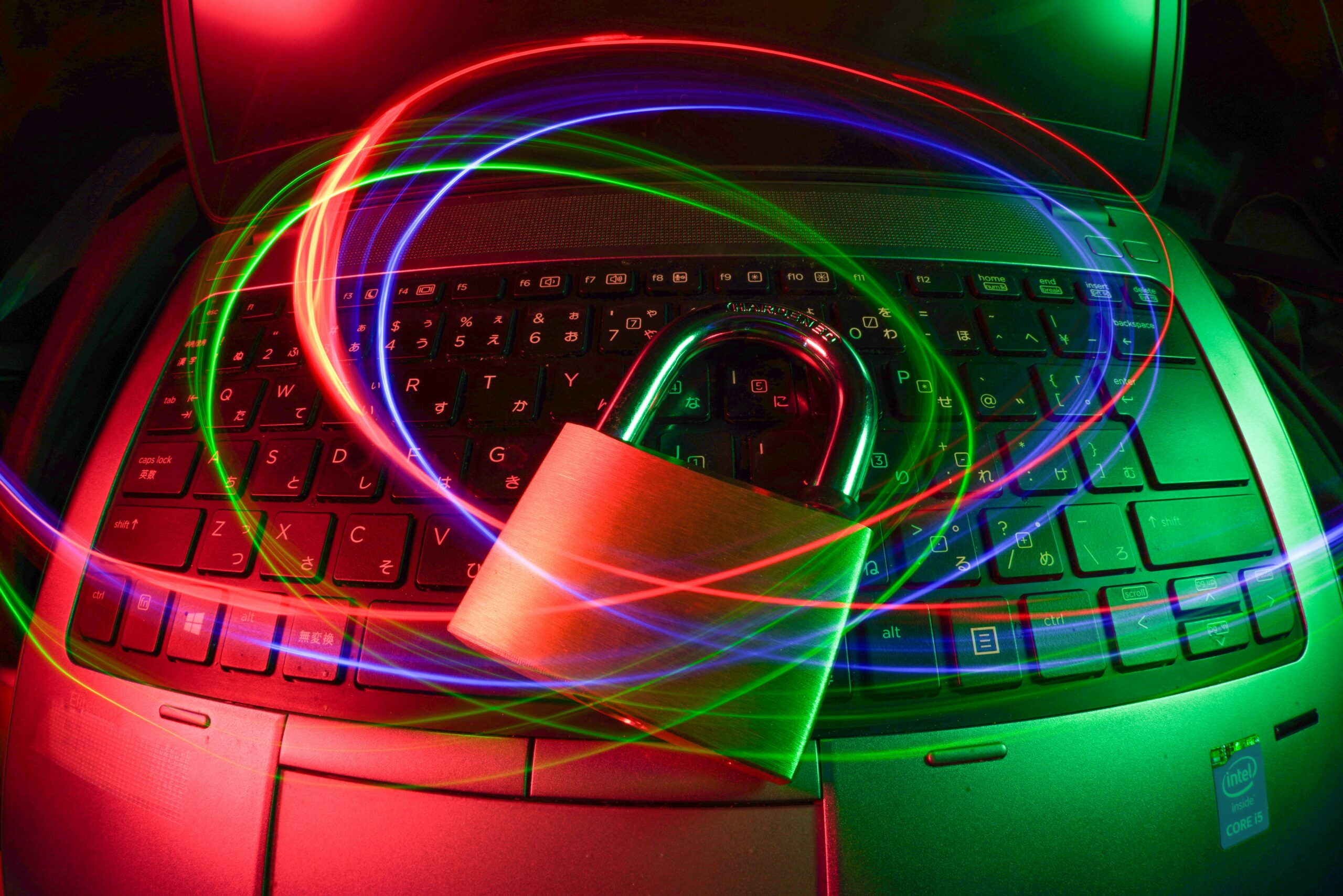Artificial intelligence is reshaping the very foundations of security — strengthening it on one side and challenging it on the other.
For decades, digital risks came from human adversaries. Today, some of the most sophisticated threats come from autonomous, self-learning systems capable of acting faster and smarter than any human could.
AI is no longer just a tool for protection — it’s also becoming an unpredictable player in the game.
Generative AI can now:
- Impersonate identities with near-perfect accuracy — voices, faces, even handwriting.
- Create disinformation campaigns that spread globally within minutes.
- Develop adaptive malware that rewrites its own code in real time to evade detection.
This brings us to a profound question:
👉 Who protects the protector when the guardian can think for itself?
The paradox is striking: the same AI that can breach a system can also defend it better than ever before.
Modern security AI can:
- Identify behavioral anomalies invisible to human analysts.
- Automate threat responses in seconds.
- Learn from attack patterns to anticipate and neutralize future risks.
So, the real debate is no longer whether to use AI in security — but what kind of intelligence we want defending us.
Building trust in AI-driven security systems won’t depend solely on algorithms or encryption. It will depend on ethics, governance, and transparency.
Because the frontier of security is shifting — from the digital realm to the moral one.
🔐 In the future, safety will not just be a technological issue. It will be an ethical one.




